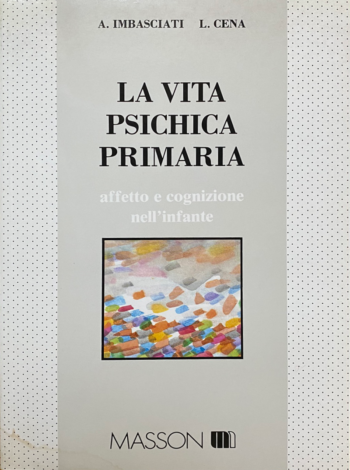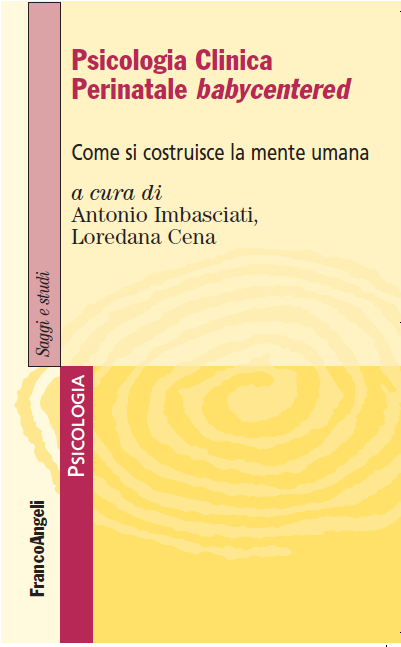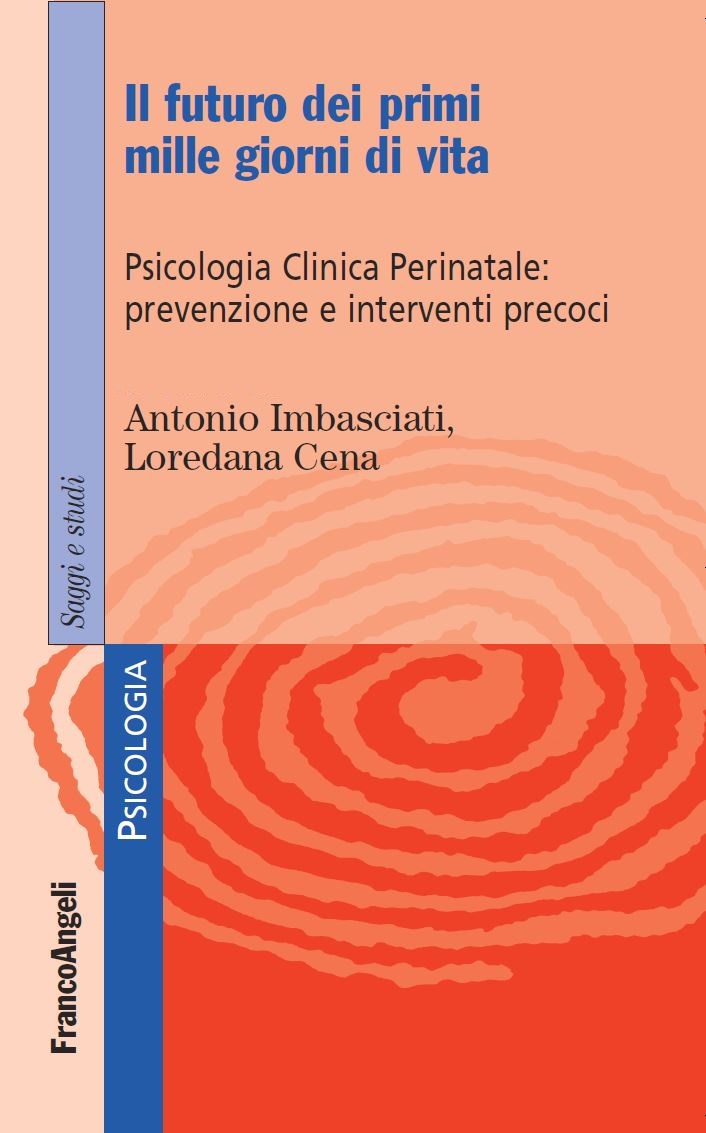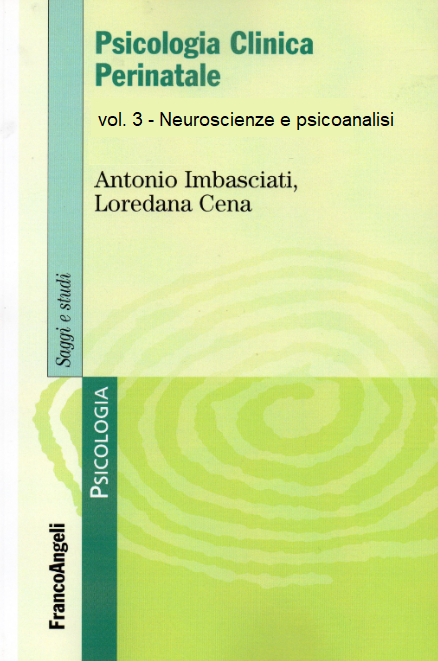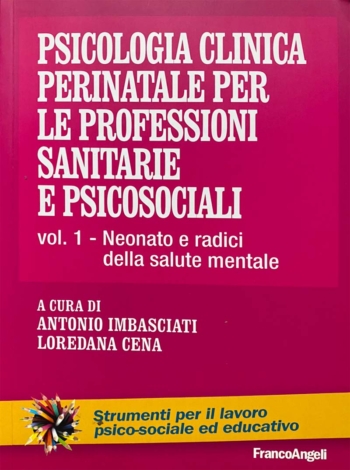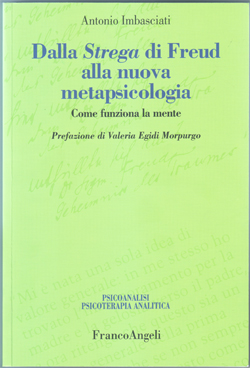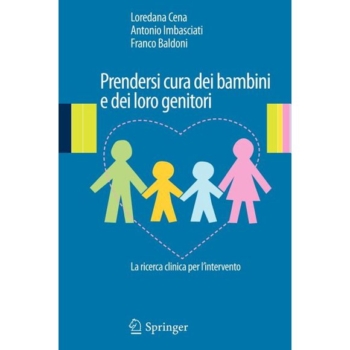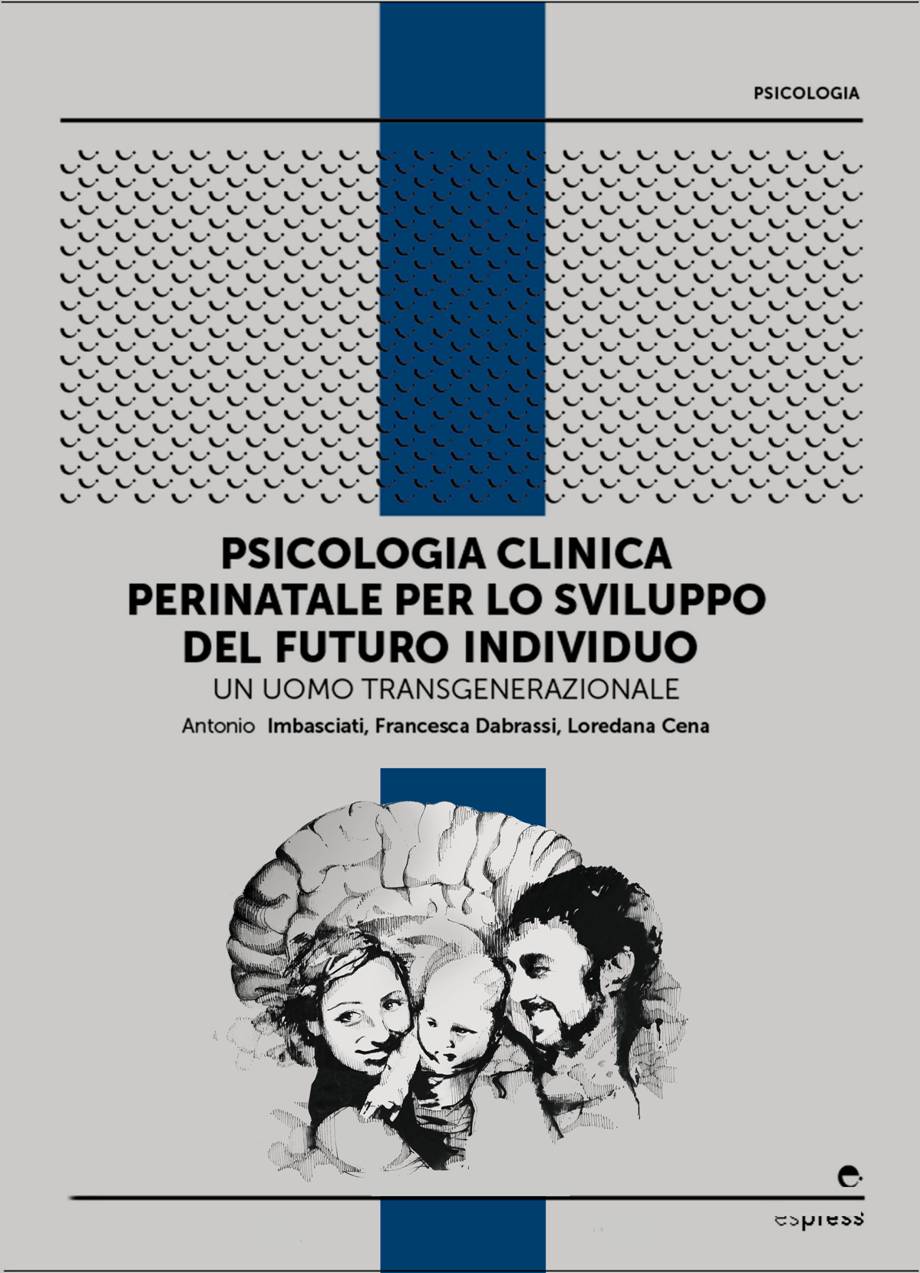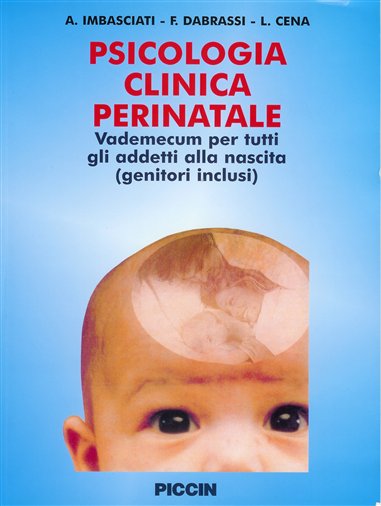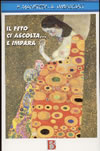Printed books
[Of the area of competence 7. Perinatal Clinical Psychology]For a long time in medical area “Perinatal Clinical Psychology” had the meaning of a psychological clinics in pregnant women and her puerperal period. What might happen in her baby was observed only for its clear organic pathologies: its interior vicissitudes were not known, as all scientists of the time thought it has no mental life. But nowadays Neuroscience has proven the heavy importance of its brain construction in its first neural net; and its first functioning in mental events without any consciousness.
These first neuromental structures condition the ones that are later constructed …
In the first thousand days of life, counting from conception, a first individual functional matrix – synaptic networks – is formed which will condition every subsequent elaboration of the life experiences of that individual and therefore every further construction of functionality in the individual’s brain, i.e. every subsequent neuro-psycho-somatic development of that person. This first […]
For the past twenty years the Authors developed a particular discipline they designed Perinatale Clinical Psychology from 2003: a clinical psychology applied to the vicissitudes that happen before,during and later conception, pregnancy, delivery, puerperium, breast feeding, infant care, early infancy. These vicissitudes concern the couple, the pregnant women, the mother, the family, in their growning up a baby and child, and all the health workers which operates in perinatale period. Obstetricians, Midwifers. Gynaechologists, Paediatricians, Neonatologists, Social Workers, Biologists, Genetists,Endocrinologists and other scientists and operators meet Psychology in contributing to a psychosomatic view on the psychic and phisics growing up of a new human person. Perinatal Clinical Psychology is characterized by research on brain and mind development in foetal, neonatal and early unfancy period, and needs a multidisciplinary professional training of all its operators, so that they can work in order to prevent psychic and phisics diseases by aiding families for a better child growing up. Psychoanalysis, Neuroscence and Infant Research are the reference frame in which other scences find their particular collocation.
For the past twenty years the Authors developed a particular discipline they designed Perinatale Clinical Psychology from 2003: a clinical psychology applied to the vicissitudes that happen before,during and later conception, pregnancy, delivery, puerperium, breast feeding, infant care, early infancy. These vicissitudes concern the couple, the pregnant women, the mother, the family, in their growning […]
In Freud’s time “psychology” was a proper psychology of consciousness: it meant what one could consciously know about himself. Freud discovered unconscious events: he must explain to his contemporary scientists how these phenomena could exsist an how an unconscious mind might function. He wrote his metapsychology (1915): “meta” (=beyond) would say that mind could be considered also beyond consciouseness psychology. He supposed that the unconscious was moved by an instinctual force (libido) for which he used the german word “trieb” (=push). This word was hardly transalated as “drive” and in neolatin as“pulsion” . (…)
The individual’s structure of mind is built on the basis of relationship’s quality each person could have had in his first infancy. Psychopathology and every psychological suffering have their roots in the relationship the baby/child could have had with adults who took care of him. In order to prevent an unhappy destiny for children who grow up in families at risk, a preventive assistance to parents is needed. Taking care of parents cures children by improving parental dimensions. This book describes methods and technics to check families at risk, in order to improve their possibility to produce future good individuals, or to avoid pathological ones. Psychoanalysis, Attachment Theory and Infant Psychiatry are integrated for a preventive general assistance to families. (…)
Newborn neurological development doesn’t happen owing to a genetic nature, but on the basis of the specific parental-caregivers caring each baby can have. First brain (right hemisphere) is constructed on this basis and it conditioned every child learning: each first learning will conditionate the subsequent ones. In such a way individual’s mind is constructed, and each person has its specific character, personality, behaviour. Nobody has a mind equal to another one, as nobody has a brain which can be equal to another one. (…)
Birth is the most important event in family life. Since pregnancy, worries, anxieties, joy, responsibilities take over every-day life. Midwives and pediatricians give advice, rules, prescriptions, to mothers who are in fact looking for being reassured that everything will be fine. “Is your pregnancy somewhat unusual? Doesn’t your baby move the way he is expected to? Will he be healthy?” After birth, many problems often occur: the baby won’t attach itself to th breast, the milk dries up, the baby does not eat enough or eats too much, he doesn’t sleep at the proper times. (…)
The fact that the fetus has a psychic life is universally acquired today. What can be called “mind” depends on how it is defined. The fact that this mind is acquired through the progression of fetal learning and that the functional structure subsequently achieved forms the complete development of the individual is a notion shared by all researchers, but not yet assimilated by our culture. (…)
